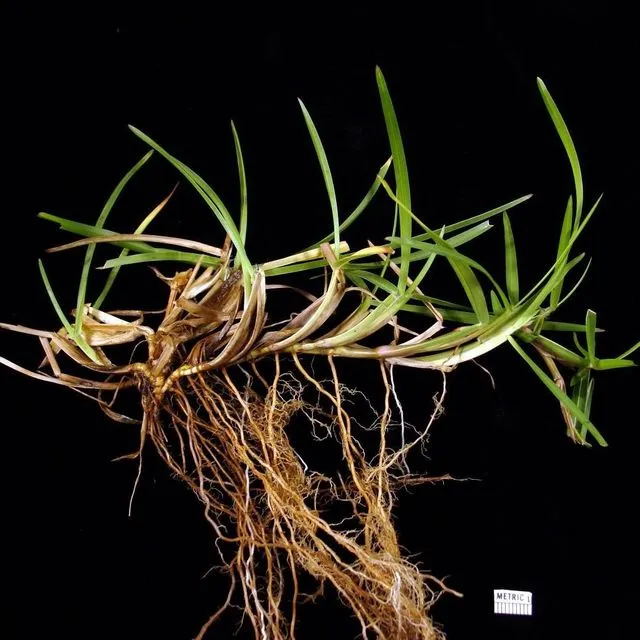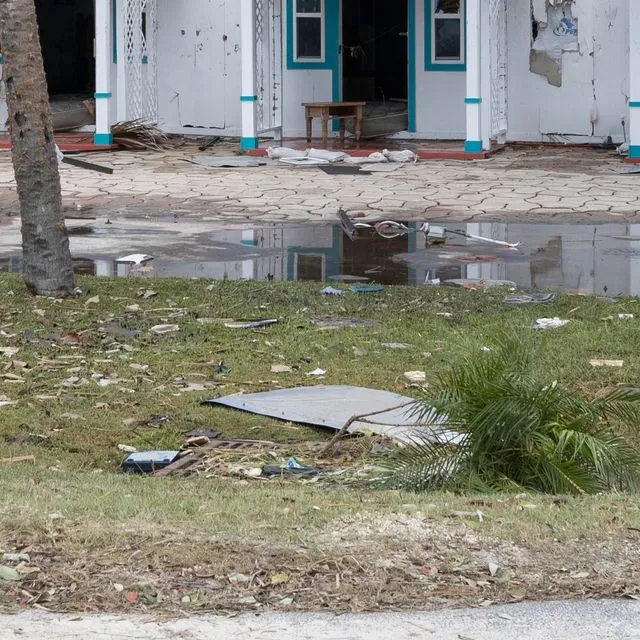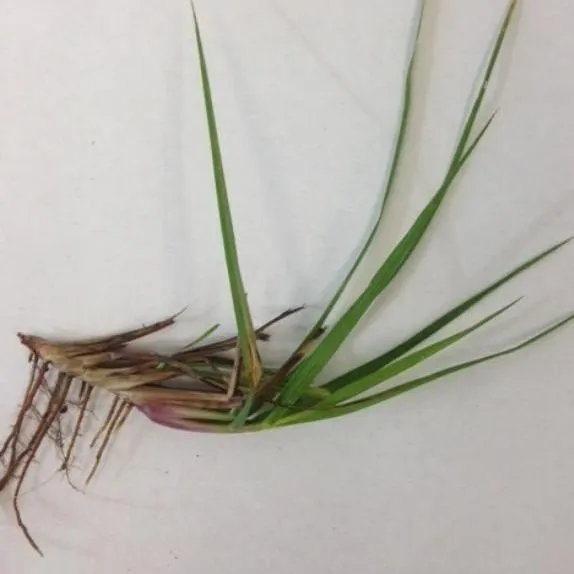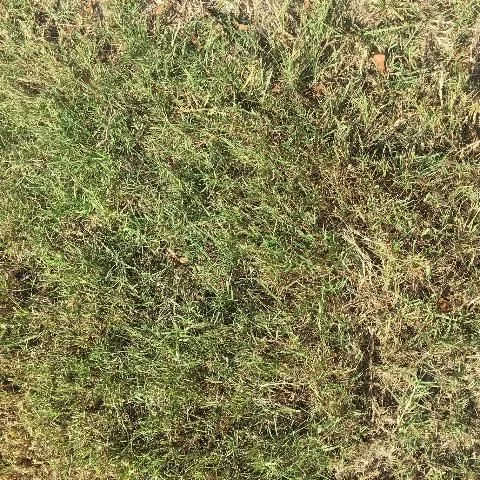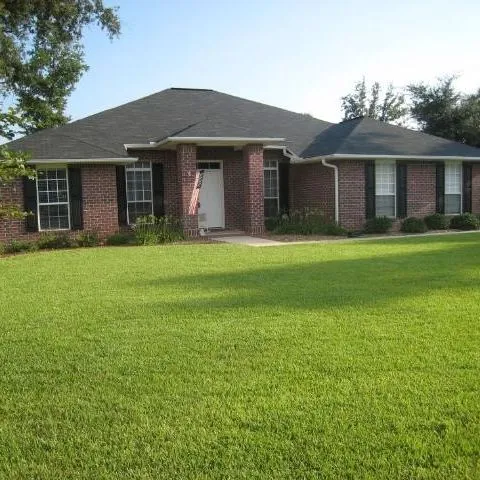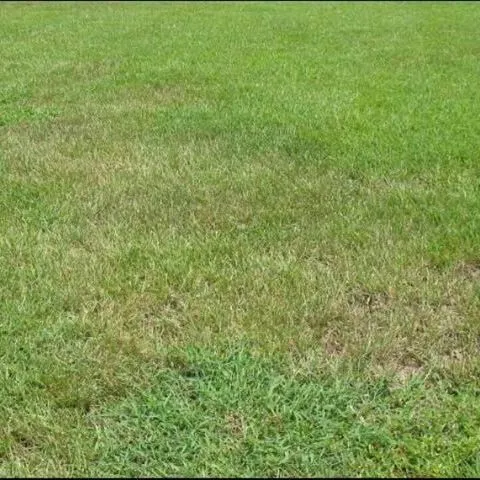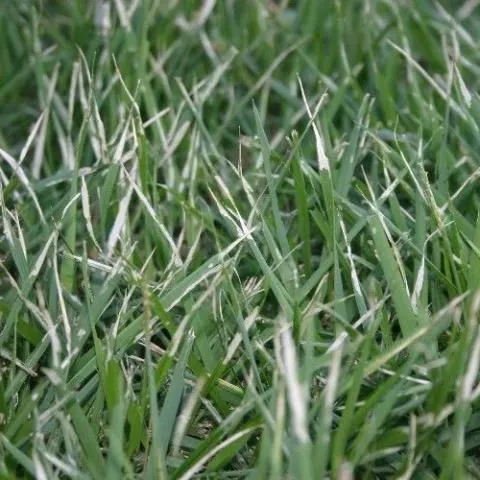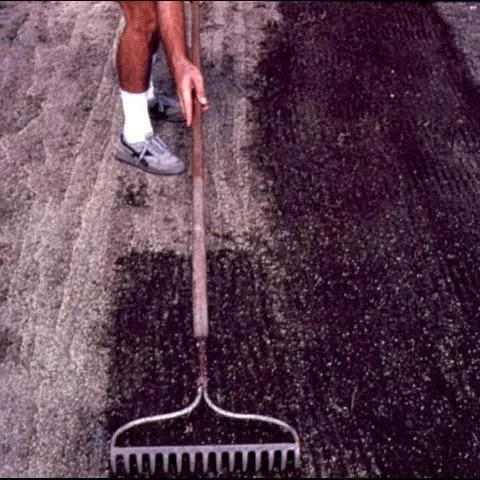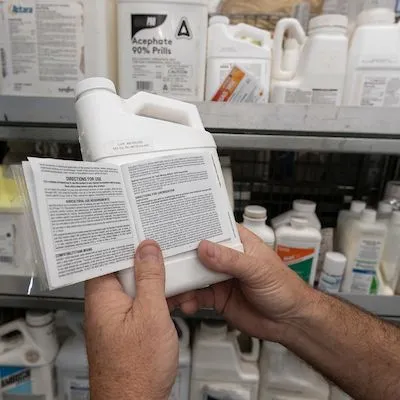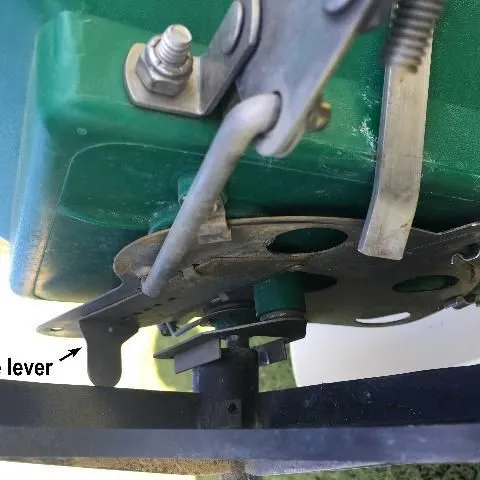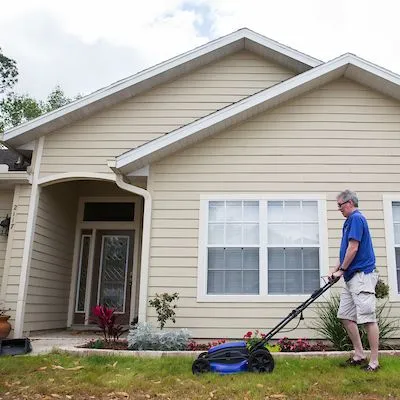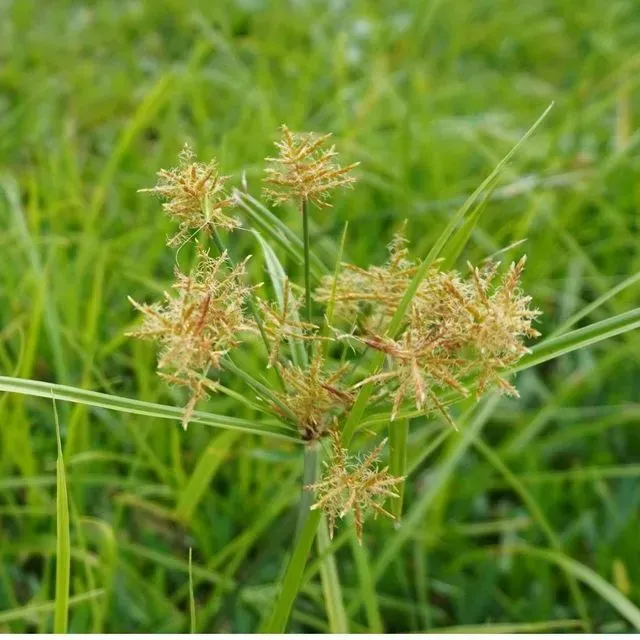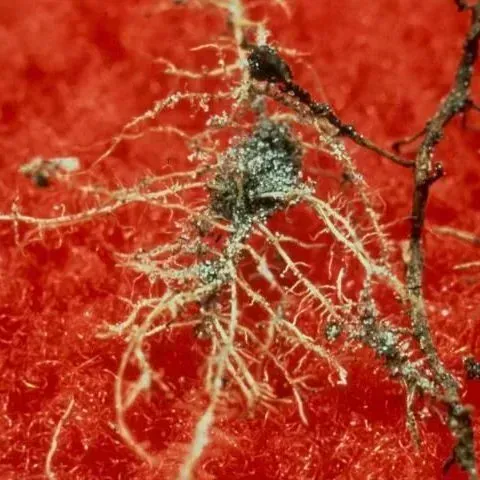Florida Lawn Handbook
Summary
Versions of these EDIS publications were included in the third (2005) edition of the Florida Lawn Handbook (out of print)
Editorial Team
- Bryan Unruh - Editor
Publications
Showing 16 of 16 Publications
Versions of these EDIS publications were included in the third (2005) edition of the Florida Lawn Handbook (out of print)
Editorial Team
- Bryan Unruh - Editor
Publications
Showing 16 of 16 Publications
Showing of 16 Experts
